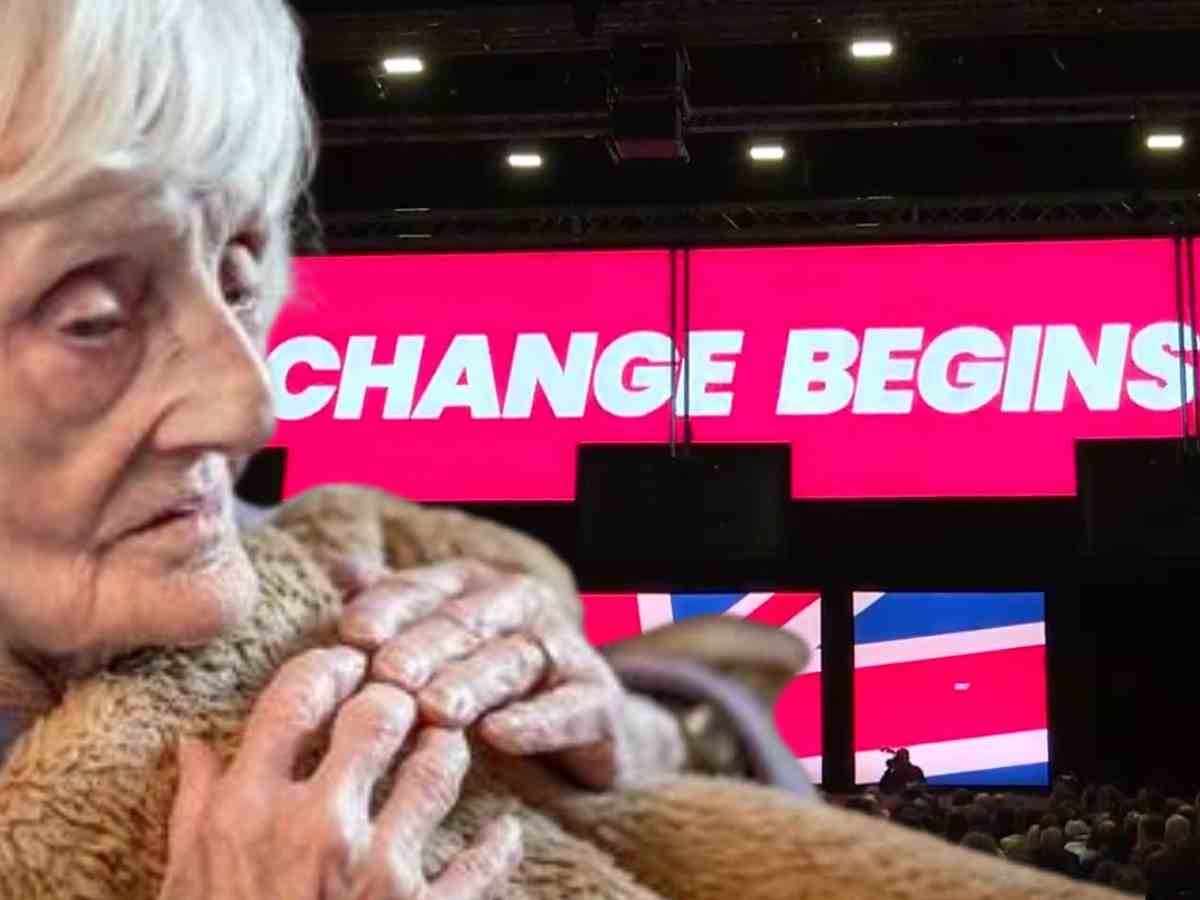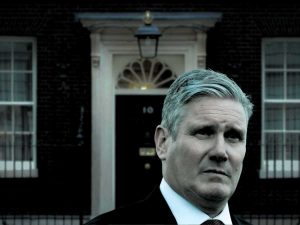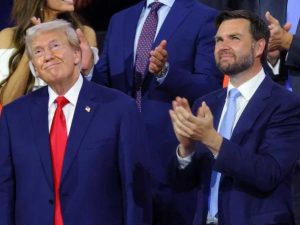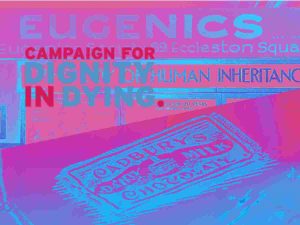Labour conference has voted for a Unite and Communications Workers’ Union motion to reverse the cut to winter fuel payments, introduce a wealth tax and end arbitrary fiscal rules.
In an instance of Labour operating a top-down approach, the conference votes are non-binding. But it puts pressure on Keir Starmer to lessen his austere approach.
Labour conference: reverse the winter fuel payments cut
On 10 September, parliament voted 348 to 228 in favour of the cut with 52 Labour MPs abstaining rather than voting against.
Richard Burgon, who’s one of the Labour MPs sitting as an independent after Starmer suspended them for opposing the two child benefit cap, voted against the cut parliament. He said:
There are plenty of people in the leadership of the government and our party who know this particular policy is the wrong choice. It’s not fair. The public doesn’t like it because it’s not fair. It offends the public sense of fair play. But they see a change of position as humiliating.
We don’t need a kind of macho politics where you never change your position. The prime minister can show fresh leadership by thinking again after this motion.
General secretary of Unite Sharon Graham moved the winter fuel payments motion, saying:
The nation wants food, work and homes… It wants a high and rising standard of living, security for all, against a rainy day… Friends, that’s a quote from the 1945 Labour Manifesto, written in the shadow of death, destruction and debt, caused by years of war. A manifesto of hope.
She pointed out that national debt was:
nearly three times higher than it is now [but there was] no mention of cuts, no mention of austerity and certainly no mention of making everyday people pay
I do not understand how our new Labour government can cut the winter fuel allowance for pensioners and leave the super-rich untouched. This is not what people voted for. It is the wrong decision and needs to be reversed.
The Clement Attlee-led government of 1945 had a bold vision, creating the NHS, building 806,857 council homes and nationalising 20% of the economy. This removed shareholder profit from essential services, saving everyone money. It provided people with the security of affordable housing, reducing the societal cost that comes with precarious living.
Introduce a wealth tax
The motion on winter fuel payments also called for taxing the super rich. A small wealth tax of 1-2% on assets over £10m would rebalance the UK economy to a less unequal place by up to £22bn per year.
And research from the Tax Justice Network did away with the media myth that the super rich will leave if they’re taxed more. The organisation documented that just 0.01% of super rich households relocated after Norway, Sweden, and Denmark introduced increased wealth tax reforms.
It further stated:
Research suggests that the majority of wealth holders have strong ties to their countries and a genuine desire to contribute as citizens. Factors such as family and social connections, access to education, and overall economic stability carry more weight than tax levels when it comes to their decision on whether to relocate
When economics is politics: end arbitrary fiscal rules
The motion on winter fuel payments also called on the Labour leadership to drop its restraining fiscal rules that the Conservatives also followed.
The rules are designed to dress up austerity budgets in what looks like sound economic logic, but isn’t.
The primary fiscal rule states that public debt will fall as a proportion of GDP in five years. But that makes policies that can yield longterm economic returns, difficult to deliver. It embeds austerity in the Treasury.
As the Institute for Government points out:
The UK’s fiscal framework, including a flawed set of rules, incentivises bad policy decisions shaped by short-termism and fictional spending plans.
Besides, the very idea that a government with a sovereign fiat currency based on a consensus of value between government and the public, not a gold standard, has to borrow to invest is a political one. It’s a question of the power of private sector investors and lenders versus an expansion of the public sector, like we saw with Attlee’s nationalisation, which Margaret Thatcher largely reversed.
Featured image via The Mirror – YouTube and the Canary




